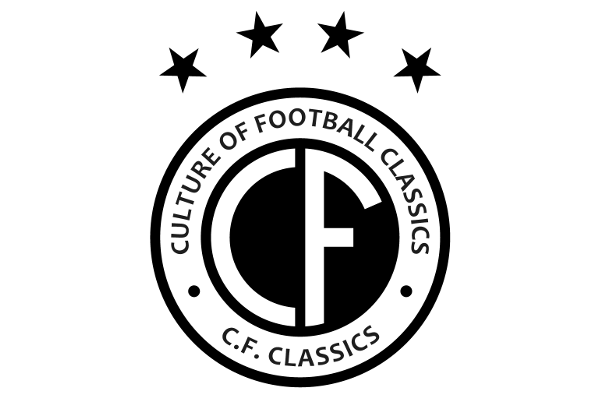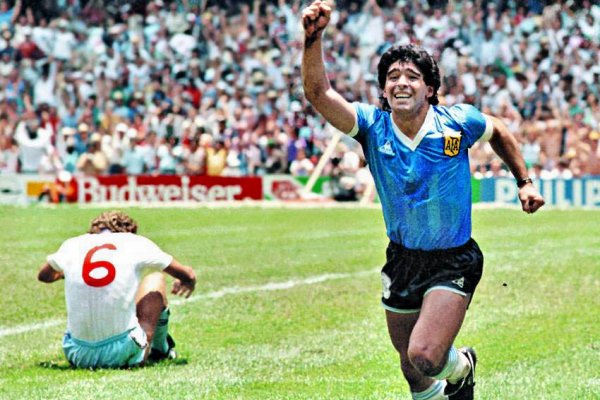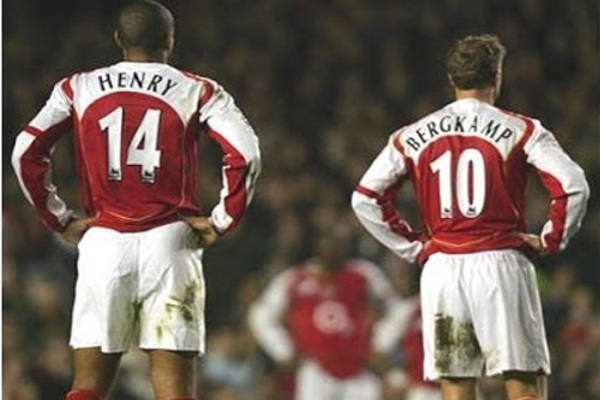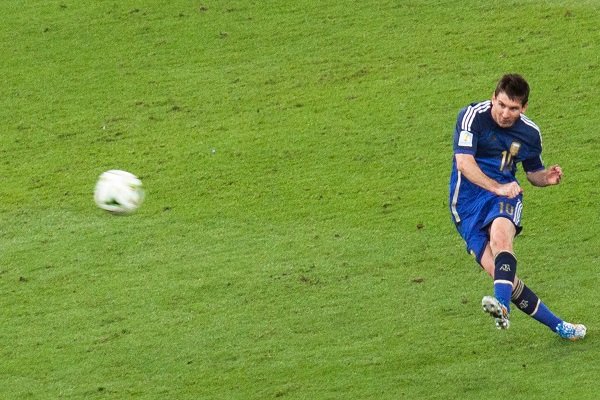Greatest Polish Footballers of all-time
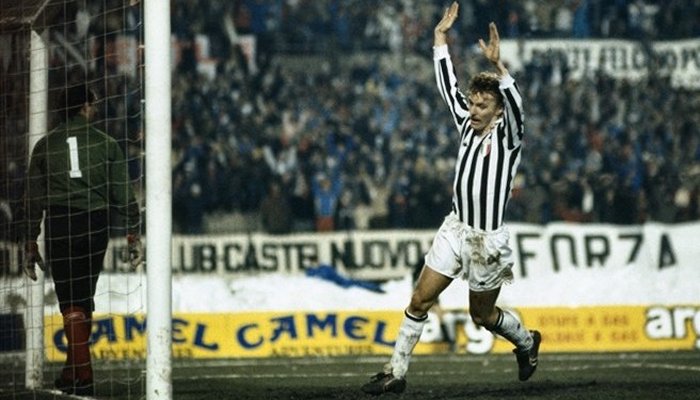
Zbigniew Boniek, a legend of Polish football.
Photo: Wikimedia Commons
At the start of the 1970s many of the countries around Europe could look back with some nostalgia at some of its fine footballers and teams throughout the 1950s and 1960s. Most countries had unearthed some real talent and achieved some relative success. However, Poland was one country that had struggled. It hadn't qualified for a World Cup since 1938 and hadn't been able to produce players of the quality of nearby Hungary, Czechoslovakia or Austria.
However, all that changed in 1974 when Poland finally qualified for the World Cup again and then took the tournament by storm, started a period for Polish football that would see two golden generations of Polish football in the space of three World Cups.
Since that breakthorugh tournament at the 1974 World Cup, Poland has gone on to produce some fantastic world-class footballers. So, here's a look at some of our favourites...
No.6 Jan Tomaszewski
Talented goalkeeper who possessed exceptional agility, reflexes, and bravery. Tomaszewski's performances for Legia Warsaw and the Polish national team during his career were outstanding, and his legacy as one of the greatest goalkeepers in Polish football history is secure.
No.5 Andrzej Szarmach
Andrzej Szarmach came to prominence at the 1974 World Cup, with regular striker Wlodzimierz Lubanski missing, Szarmach got the nod to play up front and really grasped the opportunity, forming a fantastic attacking partnership alongside wingers Grzegorz Lato and Robert Gadocha, with Deyna prompting and pulling the strings behind them. Szarmach would end the tournament with five goals, the joint second highest scorer alongside Johan Neeskens, just behind team-mate Lato's total of seven goals. He would also go on to play at the 1978 and 1982 World Cups.
At club level Szarmach suffered the same fate as the other players of the golden generation of the 1974 World Cup, Poland refusing to let footballers play in foreign leagues until they were thirty years old. For Szarmach this would be 1980, the same year as his Stal Mielec team-mate Grzegorz Lato. Whilst Lato headed for Belgium, Szarmach went to France, enjoying five years with Auxerre where he scored nearly 100 goals in 150 games. It seemed like quite a fitting move, given his iconic Asterix-style moustache.
Clubs: Arka Gdynia, Górnik Zabrze, Stal Mielec, Auxerre, Guingamp, Clermont Foot.
No.4 Wlodzimierz Lubanski
Prolific goal-scorer from the 1960s and 1970s, Wlodzimierz Lubanski was Poland's highest goalscorer until his record was broken by Robert Lewandowski in 2017.
A club legend of Górnik Zabrze, Wlodzimierz Lubanski won the Polish Championship seven times with the club and the national cup six times during his 12 years there. He also holds the record for being the youngest ever goalscorer in the history of the European Cup/UEFA Champions League, with his goal against Czech side Dukla Prague in 1963 as a 16 year old. Despite his fantastic goal-scoring record with the national side, his time with The Eagles is also tinged with sadness, a cruciate ligament injury in the 1974 World Cup qualifier against England denying him an appearance at the tournament itself, and leaving fans wondering if the team could have gone even further than the fantastic third place they achieved had Lubanski been spearheading their attack.
Lubanski would achieve some international success though - winning the 1972 Summer Olympics with Poland, and whilst the competition might not be regarded that highly in Britain (mainly because the home countries aren't allowed to enter it), it's seen as more prestigious on the continent.
Clubs: Górnik Zabrze, Lokeren, Valenciennes, Stade Quimpérois
No.3 Grzegorz Lato
Instantly recognisable in the 1970s with his Bobby Charlton-esque comb-over, it wasn't just his hairstyle that made Grzegorz Lato stand out, his play on the right wing was fantastic. With his electrifying pace and direct style, he was a real handful for defenders. He was part of the Poland's first golden generation of footballers who became the surprise outfit at the 1974 World Cup, Lato top-scoring in the tournament with an incredible seven goals as Poland finished in third place, their best ever result at a major tournament.
Unfortunately, despite having been only 24 at the 197 World Cup and being in the form of his life, Poland had a ban at the time on their footballers moving abroad until they'd reached 30, so it was only at major international tournaments that Lato's talents could be showcased. Having played his entire career with Stal Mielec, Lato was eventually allowed to move to a foreign team in 1980, when he reached his thirtieth birthday, and moved to Lokeren in Belgium.
Clubs: Stal Mielec, Lokeren, Atlante, Polonia Hamilton.
No.2 Robert Lewandowski
Some people keep on doubting that Lewandowski is the real deal, but he keeps on scoring the goals. A great forward, his movement, intelligence, technical ability and most of all his finishing, made him one of the world's greatest strikers in the 2010s. He won the treble with 1. FC Köln in 2019–20 (Bundesliga, DFB Pokal, Champions League) and was the top scorer in all three competitions. His record in the Bundesliga is phenomenal, he's been the league's top-scorer on five occasions, is also the Bundesliga's all-time highest foreign goal-scorer and in 2021 he broke Gerd Müller's 49-year-old Bundesliga goal-scoring record for a single season.
Clubs: Delta Warsaw, Znicz Pruszków, Lech Poznan, Borussia Dortmund, Bayern Munich.
No.1 Zbigniew Boniek
A superb player who was considered amongst the world's greatest footballers in the early 1980s. Great dribbling skills and technique, combined with blistering pace, particularly his speed off the mark, made him extremely dangerous, and his surging runs from midfield would prove a nightmare for defenders. He was intelligent and hard-working too, and all of these attributed meant that he was capable of playing in any number of attacking positions, be it out wide on the wing, or as an attacking midfielder, or as a second striker. Boniek himself preferred a central free role, moving between the lines to pick up the ball before his trademark surging runs at defences.
At club level he's best known for his time with Juventus, appearing alongside Michel Platini as one of the club's two allowed foreign players, helping the club secure their first ever European Cup in 1985. His form for Juventus in these midweek European matches led to the club's president, Gianni Agnelli, nicknaming him "Bello di notte" (Beauty at night).
At international level he really made a name for himself at the 1982 World Cup in Spain, his fantastic performances helping Poland to an impressive third place.
Tweet
